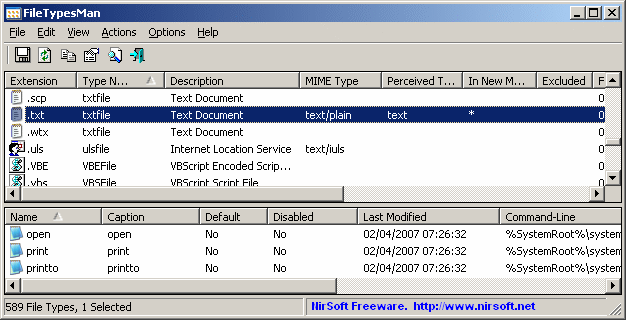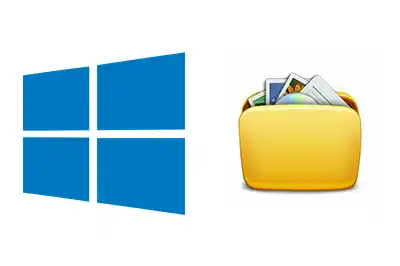FileTypesMan is a free tool for Windows that allows you to view and edit information about the file types in the operating system.
As we install programs in Windows, they associate the actions that can be performed on the various file types in the operating system.
This is, in principle, a good functionality. Unfortunately, not all developers are equally clean when it comes to introducing these associations, and they add “extra things” that we do not need.
Whatever the case may be, the truth is that as we use Windows and install programs, the file associations are filled with more and more functions and options that we do not want, or even conflicts between them.
FileTypesMan is a simple program that allows us to edit and clean the associations we have made for each file extension.
It is part of the Nirsoft solutions, which are known for providing a lot of extra features to Windows. Many of which, in my opinion, should be offered by the operating system itself.
How to use FileTypesMan
To use FileTypesMan we need to download the installer from the project’s website https://www.nirsoft.net/utils/file_types_manager.html
The interface is very simple (and somewhat outdated, if I may say so). Similar to what we find in all Nirsoft applications.

We simply have a list of the file types in the operating system and their associated information.
When selecting a file type, we get the details of it, including the description, the extension, the available actions, the associated program, among others.
Logically, we can modify all this information, including the assignment of icons, the description, and the default action.
It is also possible to create new actions, or even create new custom file types, assigning an extension and a default action.
In addition, we can sort and filter by different fields, or export all the information in different types of formats, such as generating an HTML report.
FileTypesMan is a very useful tool, which we logically won’t use every day, but it is very useful for maintenance and cleaning tasks in the operating system.
